News Get the latest updates on everything here at KORdotSIN
ListMore DIFFICULT To Get Korean Visa??
- Author KORDOTSIN
- Date20-07-17 15:07
- Views 6,720
- Reply 0
Link
Main text
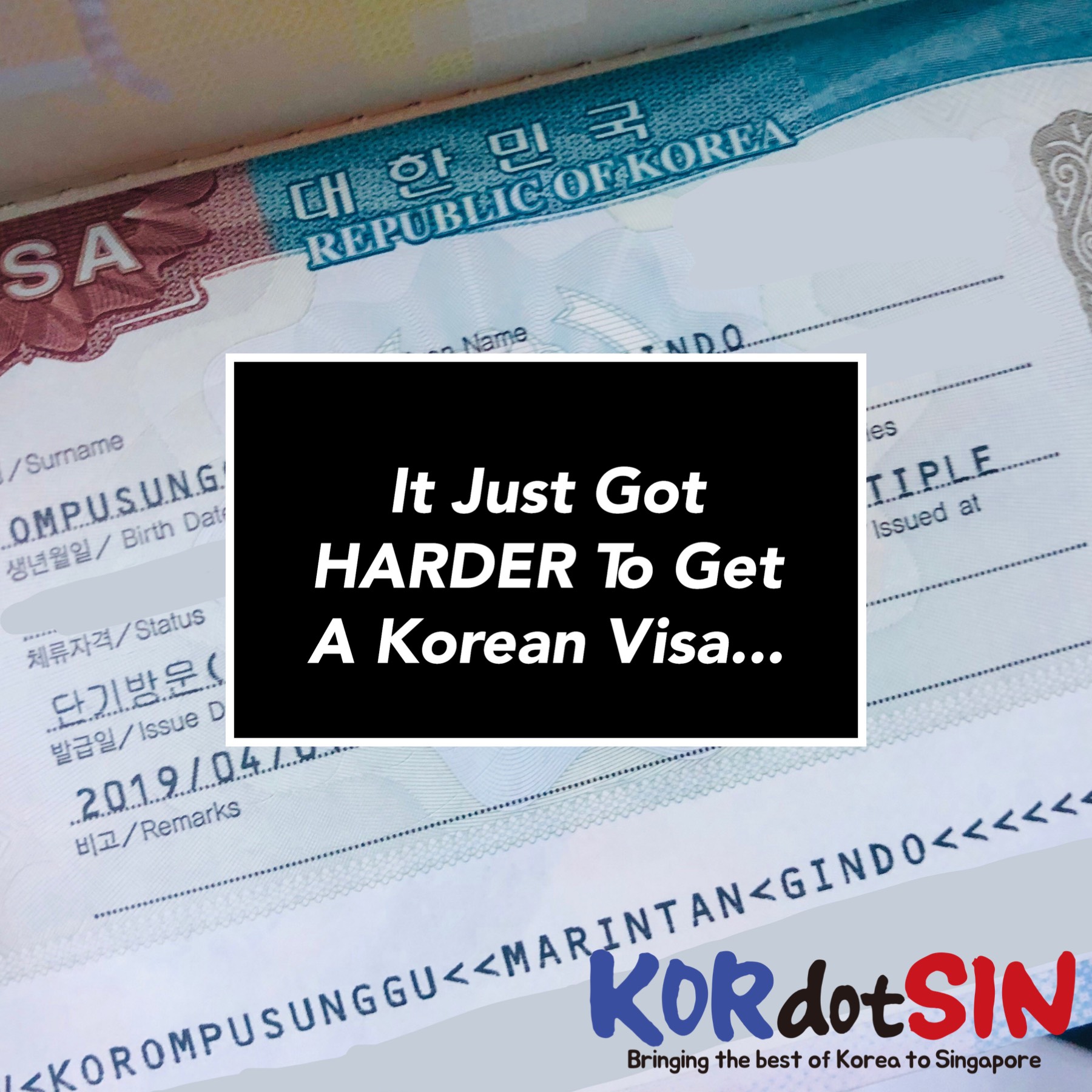
If you have had plans to work in Korea, things just got a bit harder. A common way for professionals to get a long-term visa in Korea was by way of the F-2-7 visa, which lasts for up to 5 years. As of 2018, aboue 41,000 foreigners stay in Korea with this visa.
The problem is, a recent change into the point system means that it just got harder not only for people to maintain the points required, but also for new applicants who hope to work there.
Read on to find out more, with this article from The Korea Herald!
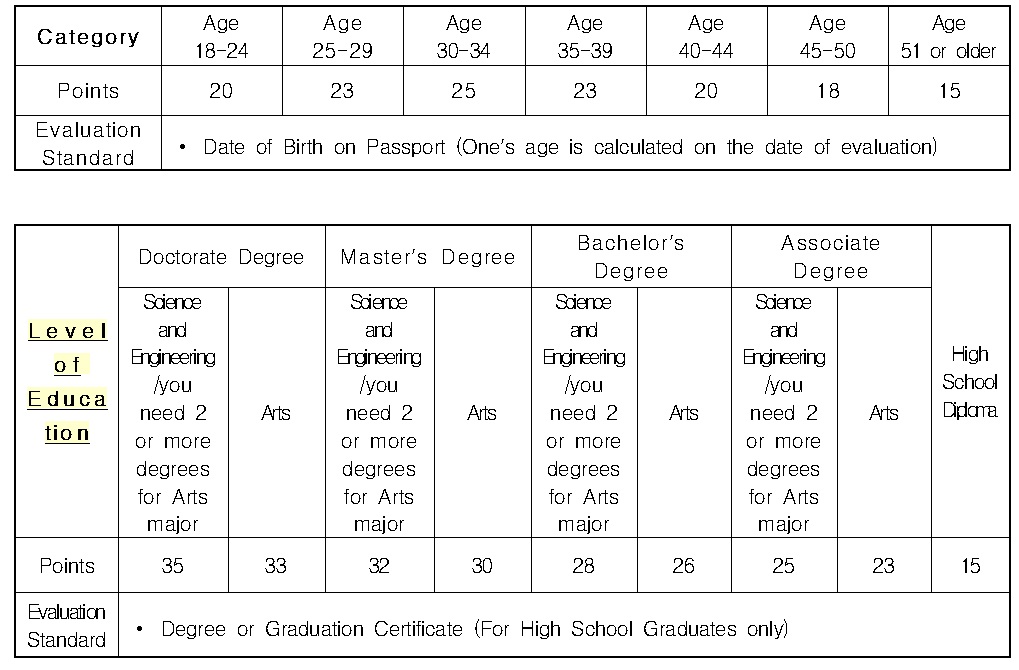
Part of the table (from the old system) showing how points are calculated.
The newly revised rules for the points-based residency visa will go into effect Dec. 1, amid an outcry from expats in South Korea who say the sweeping changes will crush their plans and dreams here.
The Justice Ministry on July 7 put up a public notice -- in Korean -- of the rule adjustments for the F-2-7 visa. The changes are final and the ministry is in the process of “translating it” for non-Korean speakers, a ministry official told The Korea Herald on Thursday.
Designed to attract a “superior pool of foreigners,” the F-2-7 visa allows its holders to stay in the country for as long as five years, with freedom to choose and change jobs and workplaces without being tied to their employers.
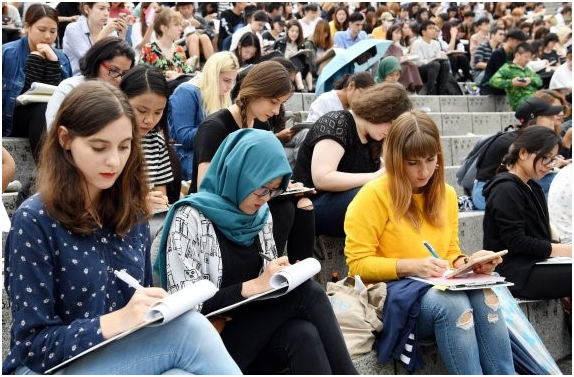
As of 2018, about 41,000 foreigners were staying here on the visa.
Some of the major changes include a sharp increase in the number of points to be awarded on the basis of income. Currently, 10 points are allocated for those who earn 100 million won or more, but that will change to 60 points. Successful applicants must have a minimum of 80 points.
“This means that unless you are a really superior worker, you have to go back home,” immigration specialist Alex Lee said of the new rule changes.
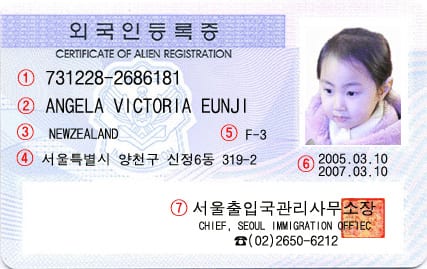
The Korean ARC (Alien Registration Card), a form of ID For foreigners. You’ll need it to sign up for services like cell phone plans, internet, banking, and health insurance.
Here’s a detailed look into the revised points system, which takes into account various factors other than income, such as education level, volunteer activities and Korean language ability.
Up to 130 points will be awarded to applicants based on age, education level, Korean language proficiency, completion of the Korea Immigration and Integration Program and annual income, as well as 40 extra points based on other criteria.
As many as 60 points will be given based on income (60 points for those who earn more than 100 million won annually and 10 points for those who earn less than 30 million won per year), 25 points based on age, 25 points based on education level and up to 20 points based on the Korean language proficiency and the KIIP.
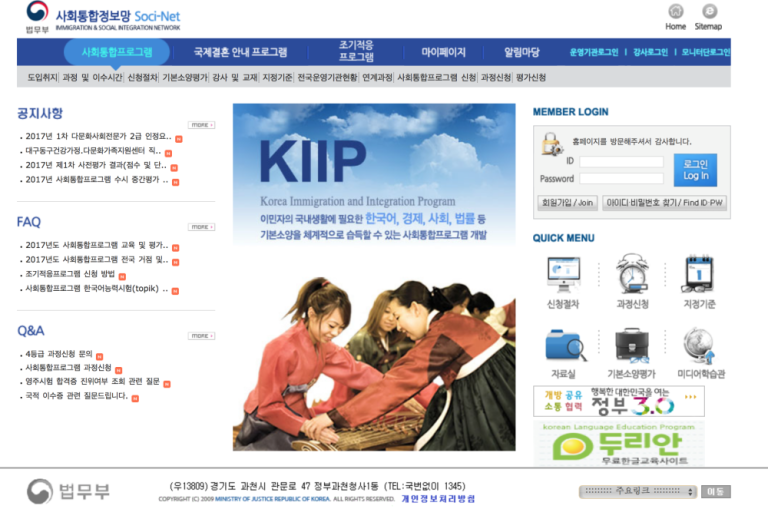
KIIP, or Korean Immigration & Integration Program.
Extra points will be awarded to those who came from countries that fought alongside South Korea during the 1950-53 Korean War (20 points), those who have recommendations from the government (20 points), those who completed the advanced section of the KIIP Level 5 (10 points), those who hold academic degrees from “superior” universities or Korea-based universities (up to 30 points) and those who have done voluntary work (up to seven points).
“Superior” universities mean the top 500 universities around the world by the Times Higher Education rankings.
Although an overall point of 80 guarantees a F-2-7 visa, the duration of stay allowed varies depending on the points. Those earning 80 to 99 points, or those with higher overall points but an income point of fewer than 30 are to receive visa that is valid for less than a year.
Those earning between 100 and 129 points, or those in the 80-99 point bracket with income points of 30 to 49 are to get visa valid for up to three years.
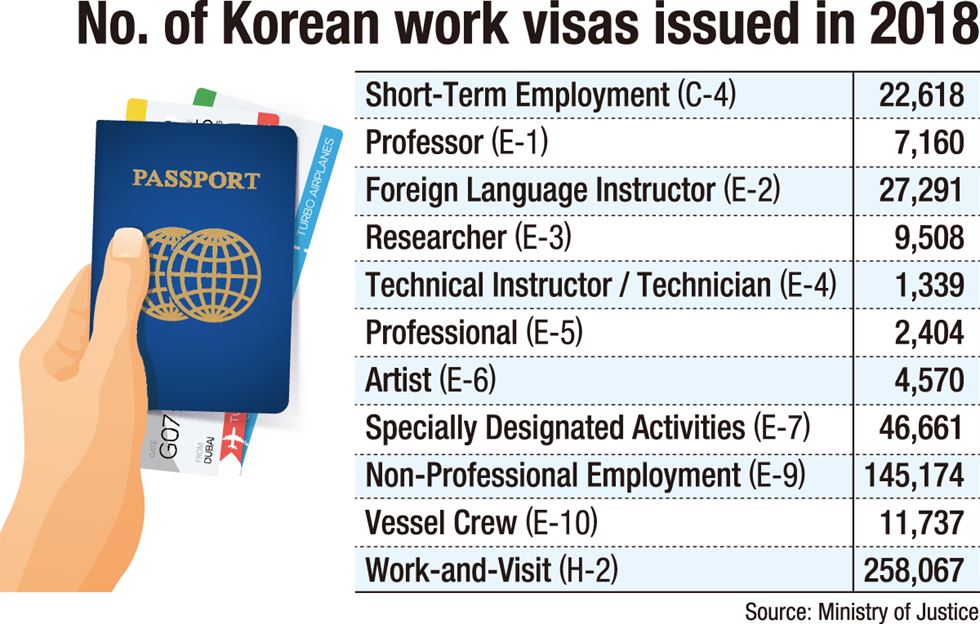
Number of visas issued in general, for context (2018)
Those who earned no income for six months before applying, and those who had been employed in manual labor or the entertainment industry -- which the government considers as “having a negative impact” on the country’s labor market, social and economic order -- could be denied renewal or have their visas revoked.
Those who apply for the visa before the new rules come into effect are subject to the current rules. Those who already hold an F-2 visa can renew it under the current rules for the next year.
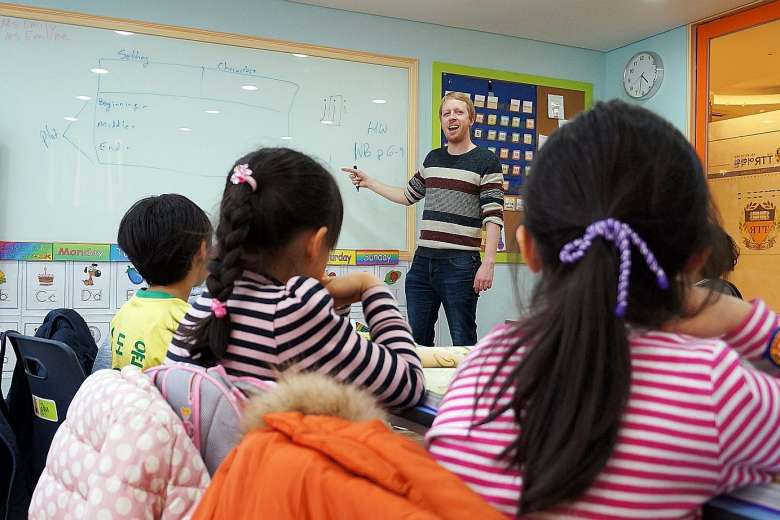
English language instructors and foreign university graduates with low starting salaries would be among those affected by the rule change, according to the immigration specialist Lee.
“The government dramatically raised the bar to qualify for ‘superior workforce,’ which would make it harder for those earning about 30 million won to get this visa,” he said.
Those who are still relatively young and short of 80 points put in extra efforts such as doing voluntary work here, for example, but even that effort would not be enough to meet the new requirements, he added.
“The visa rules have changed constantly, but not as drastically as this time.”
